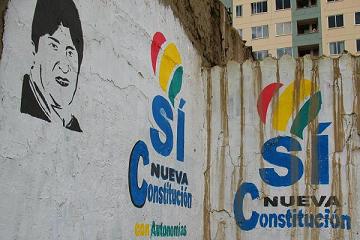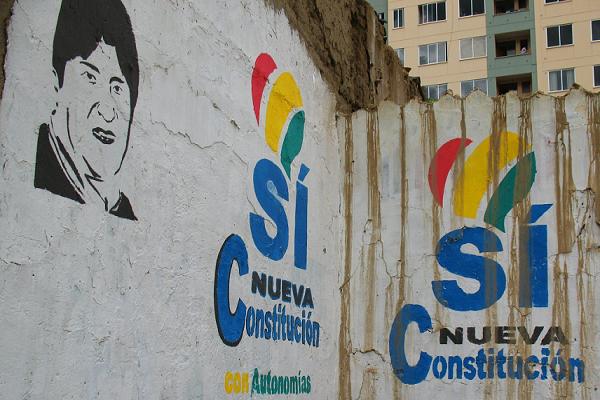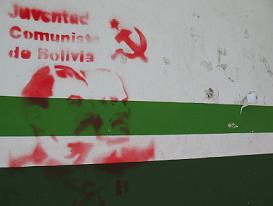“Se acabo el colonialismo (Colonialism is over),” declared President Evo Morales as his country voted to adopt a controversial new constitution last Sunday. A powerful sentiment, intensely meaningful for many here in South America’s poorest, most indigenous nation.
For Morales, the passage of the constitution marked the long-awaited fulfillment of a campaign promise that aided his election as Bolivia’s first indigenous president three years ago.


